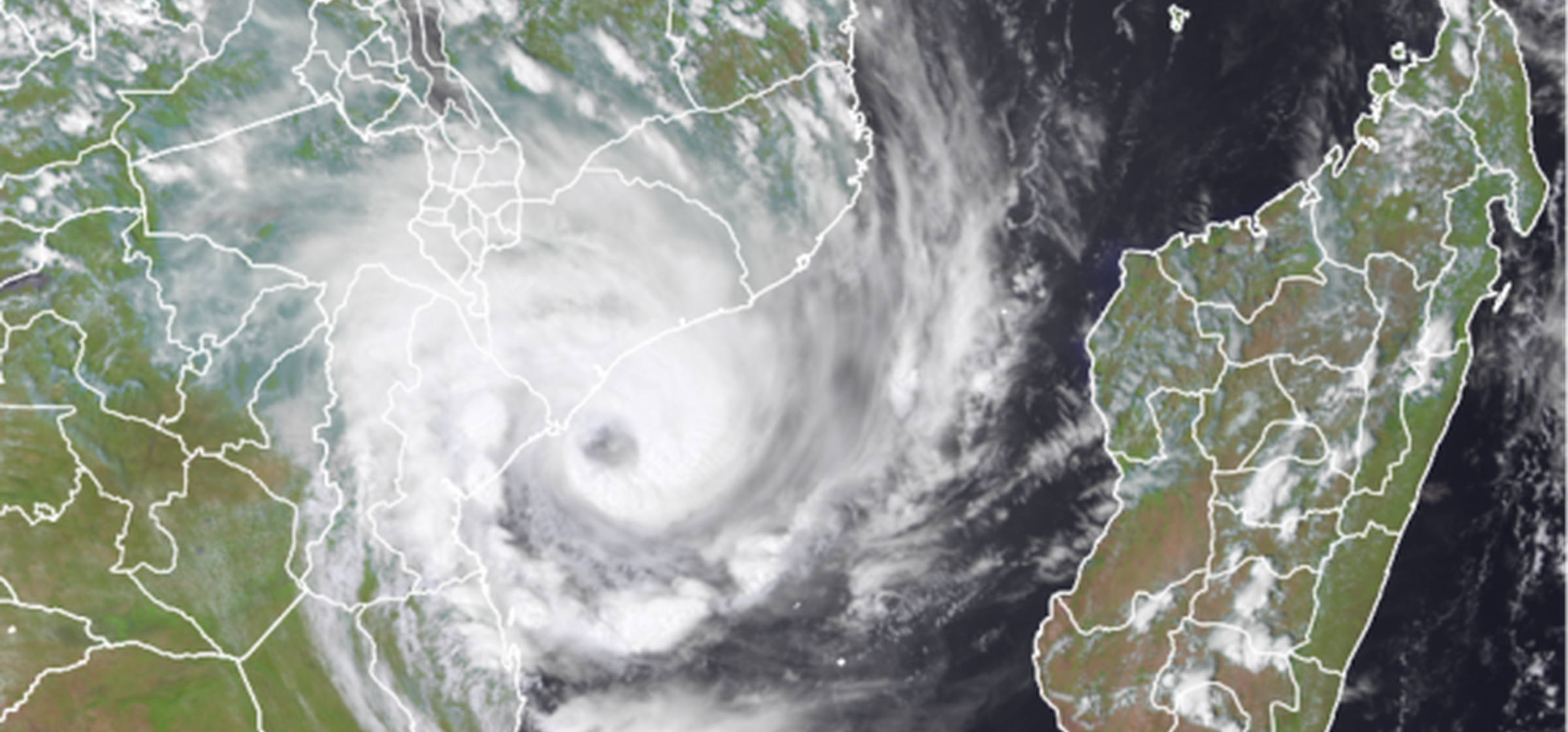The Importance of Mental Wellbeing Debriefs

Posted by Rick Walters 12th May 2022 RE:flections Mental Wellbeing
Estimated Reading Time: 3 mins
On the most recent international ops course, we got to talking about how a deployment can affect you mentally. The experiences of highs and low moments, the stressful times and how we deal with them.
I recounted an experience where we carried out needs assessments in remote and virtually inaccessible areas of Mozambique, only possible by Helicopter. Our pilot had passed over a particular area many times but had not been allowed to land before but had seen people on rooftops waving white t-shirts and sheets. We had been given permission to drop in to some of these villages. At the final location, I was detailed as helo security, so when we landed, I was first out to stop the locals from coming too close to the rotors of our ride. People were running up, throwing themselves on the ground, wailing, crying, shouting and chucking dried sheaves of withered corn at our feet. These villagers had not been seen by anyone for close to seven weeks. It was all I could do to hold my tears back as I witnessed their despair and tried to put on a brave face as I ushered them back from the copter. After this final assessment had been completed and we travelled back to Beira, I was broken. I didn’t want to speak and just stared out of the window at the scenery below all the way back to the airport. I didn’t know how this awful situation was going to be remedied.
When we finally got back to our accommodation, John, another team member, expressed his despair too and even wanted to use up his savings to buy rice and pulses to give to them. Obviously not a viable idea, but we were in about as low a mood as possible, and strange thoughts like this got banded around.
Two days later, due to a clerical error and the wrong co-ordinations given by UNOCHA, a planned visit by helicopter was attempted to this last village but could not find a suitable landing spot. Now because they had already visited once, they could not just ignore the plight of these individuals, and so we were dispatched to find a suitable emergency landing zone. That completed and all the plans in place, a day later, we got to escort 3 copters full of food and oil to this previously forgotten area. This could not have made us happier. The sense of achievement was enormous. Someone once said to me just before my first deployment, “you can’t save the world, but if you can give one cup of water to someone or a bag of rice to one family, you’ve made a difference”. Well, we made a lot of differences that day.
If you are fortunate enough to deploy, especially if it’s your first time, you will experience feelings probably never replicated before. Don’t bottle up your thoughts, don’t feel like you have to take on the world alone because, more than likely, everyone on the team feels the same. They just might be more used to dealing with their emotions or have learnt coping strategies, or they just might be bottling it up and need someone else to pull the cork out.
When you return home, your world will feel a little dull, you’ve spent two or three weeks in high octane mode doing everything you can to help people, and now you are back to work or family, and things will feel a little empty and slow. Those around you won’t necessarily understand why you feel like you because they haven’t experienced what you have. This is why it is helpful to make use of the post deployment check in, to talk to someone in confidence who will listen and support you to work through your experience in a safe environment.
If you or someone you know is struggling, make sure you reach out to a fellow responder, one of the HQ People Team, or someone you trust outside of RE:ACT. We are here for you!
